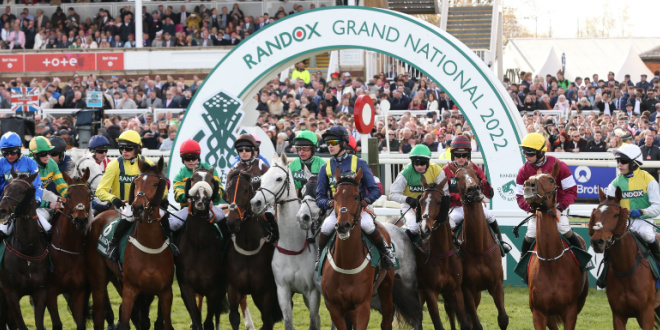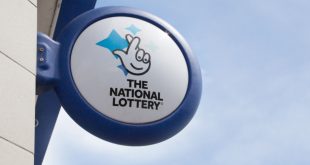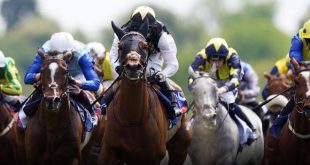Following the conclusion of the 2022/23 financial year and the publication of the UK’s gambling White Paper, the Horserace Betting Levy Board (HBLB) has revealed its estimation of levy contributions.
The racing funding organisation projects that, after receiving provisional submissions from levy-paying bookmakers, the total payment as of 31 March 2023 will stand at £99m.
Contributions from operators have therefore remained steady in recent years, having increased slightly in 2022/23 from the £97m received in 2021/22.
HBLB Chairman, Paul Darling KC, commented: “The Board will be making decisions on prize money for the September to December period at its meeting next month and this likely outcome provides additional clarity in coming to those decisions.”
The £97m is above the HBLB’s initial yield estimations for the year, which predicted between £90-95m ‘based on events in the early to middle part of the year’. The Board has added, however, that this is likely due to an increase in operator profits over the past two years.
Additionally, the Board has observed reports of a ‘continuing decline in turnover’, partially mitigated by margins which it noted were ‘markedly above average’ in February and March 2023 when turnover fell year-on-year against 2022.
Darling continued: “Although overall yield looks to be similar to or slightly up on last year, total turnover and race by race turnover are down overall and were consistently down from July to the end of the Levy year. The Board will need to consider carefully what assumptions to make about future yield given this trend.”
The funding situation of UK horse racing has become a cause for concern for the sport in recent years, with stakeholders voicing their worries about the sector’s financial backing through the course of the Gambling Act review.
In March last year, the HBLB warned of a darkening financial situation for horse racing as the UK emerged from the lockdown conditions of 2019-2021. This has seen the sport become increasingly reliant on betting industry payments to stay afloat.
More recently, Fitzdares CEO William Woodhams outlined that there is a ‘funding disaster’ on the horizon for UK racing. He pointed to the sport’s aforementioned dependence on the betting levy as well as the sale of data feeds, coupled with the unclear narrative of the White Paper from 2022-2023, as key reasons for this.
Darling concluded: “Bookmakers’ collective initial estimates for 2023/24 are for a materially lower yield than in 2022/23. We are grateful to those bookmakers who have made timely end-of-year declarations and to the largest bookmakers whose invaluable information has assisted us throughout the year.”
The calls of the HBLB and other racing stakeholders for a review of the betting levy have entirely fallen on deaf ears, however, as the government has pledged to achieve this by 2024 in the gambling White Paper.
Expanding on this, the DCMS asserted that it ‘recognises the significant contribution that horse racing makes to British sporting culture and its particular importance to the British rural economy’.
Responding to the HBLB’s update, British Horseracing Authority (BHA) Chief Executive Julie Harrington emphasised that a review is ‘critical’ for the financial future of the sport.
“We welcome the publication by the Horserace Betting Levy Board of an anticipated levy yield for 2022-23 of approximately £99m,” she remarked, as reported by the Racing Post.
“While this represents an increase on the previous five years’ yield, this must be set in the context of a wider challenging economic climate – with double-digit inflation and an industry still recovering from the substantial financial impact of the COVID-19 pandemic.
“This is why a review, and uplift in the quantum of, the levy is critical. As part of the recently launched review of the levy, British racing will continue to make the case to the government that our international competitiveness relies on our ability to generate the maximum statutory funding possible. We will be making detailed representations to that process.
“More generally, ensuring betting turnover is strong is vital to racing’s financial wellbeing and this demonstrates the need for the industry strategy to shape the racing product in a way that maximises the opportunity for betting customer engagement, work that is now at an advanced stage.
“It also exemplifies why proposed financial vulnerability and affordability checks must be proportionate, as frictionless as possible, and targeted at individuals and their specific circumstances.”








